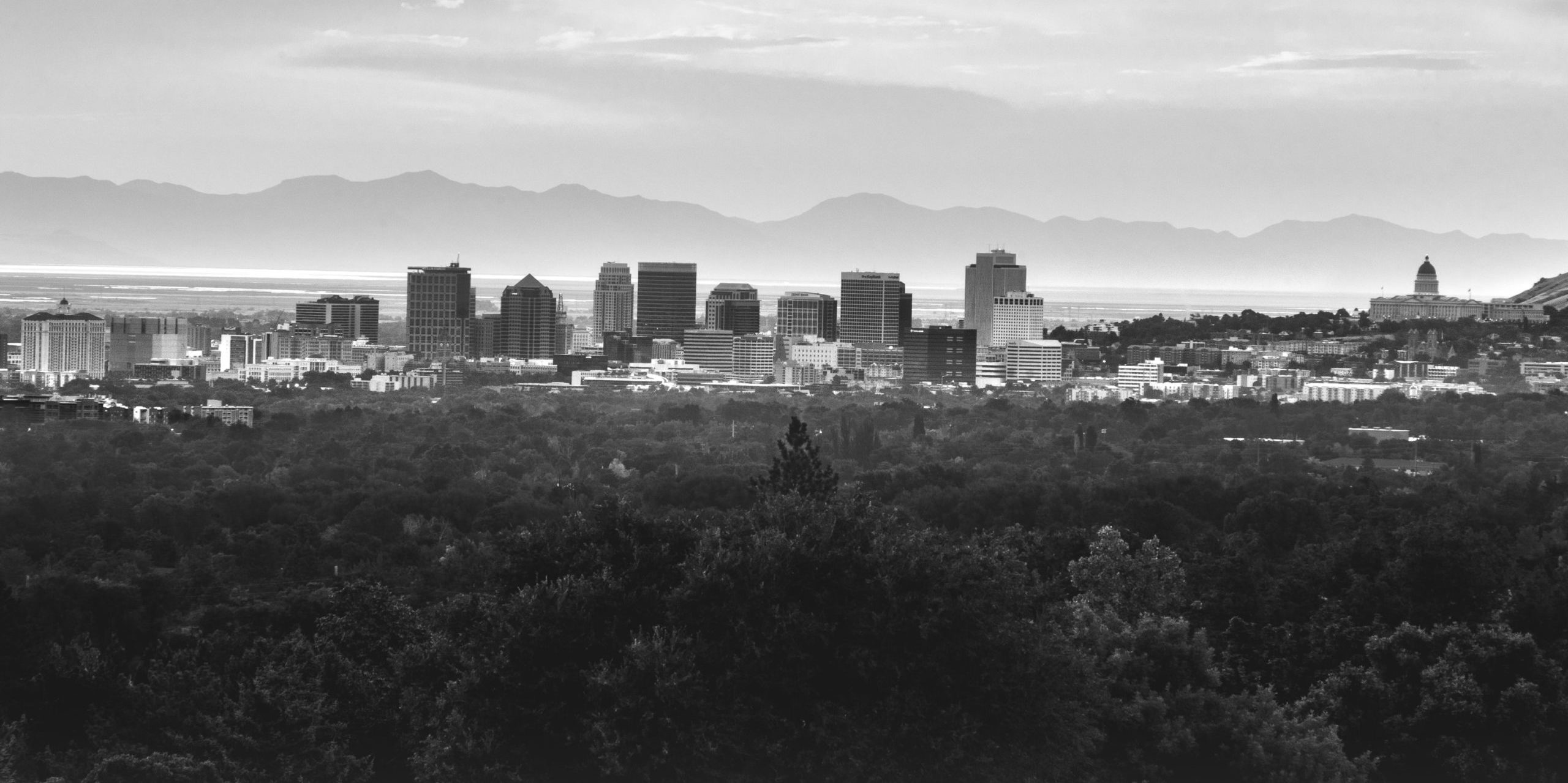This article originally appeared in the Salt Lake Tribune. Read it in its entirety here.
State lawmakers convened a historic, all-virtual special session on the COVID-19 outbreak on Thursday, with an eye toward the date Utah can start emerging from quarantine — and they’re pitching May 1 as a target.
House Speaker Brad Wilson said legislators will create guidelines to start reawakening the state’s slumbering economy “carefully, methodically, as quickly as possible and responsibly by the end of the month.”
…
Pandemic power struggle
In his opening speech to lawmakers, in which Wilson outlined the May 1 goal, he also gave a nod to the historic nature of the special session. This is the first time Utah legislators have convened remotely and the first time they have called themselves into session, a task usually handled by the governor and only allowed under a constitutional amendment approved two years ago.
Lawmakers started the day, as usual, with a prayer and by stating the Pledge of Allegiance. But this time, they recited the pledge as an American flag waved on their computer screens.
Speaking by teleconference to his 74 colleagues, Wilson, from the House speaker’s dais, said Utah is likely “the first in the nation to be calling ourselves into special session virtually.” But the Kaysville Republican said he expects this will be just the first of several special sessions lawmakers will have to hold in coming months to deal with the fallout from COVID-19.
Among the bills the Utah House approved Thursday morning was a measure that would require the governor to consult with legislative leaders at least 48 hours before declaring an emergency or issuing executive order. HB3005 also states that lawmakers can “at any time” terminate one of the governor’s orders, rules or directives.
House Majority Leader Francis Gibson, the bill’s sponsor, said that in several recent cases, legislative leaders learned about a forthcoming executive order mere minutes before it went out publicly.
“I think it’s not too much to ask that, if he’s going to make an executive order … that would affect the state as a whole, that he would give us 48 hours of notice,” Gibson, R-Mapleton, said.
The Alliance for a Better Utah has criticized the bill as a “blatant power grab,” and Rep. Merrill Nelson also spoke against it Thursday as an unnecessary infringement on the governor’s authority. The executive branch, with the governor as its head, is better suited than the Legislature to handle a crisis, he said.
This article originally appeared in the Salt Lake Tribune. Read it in its entirety here.

